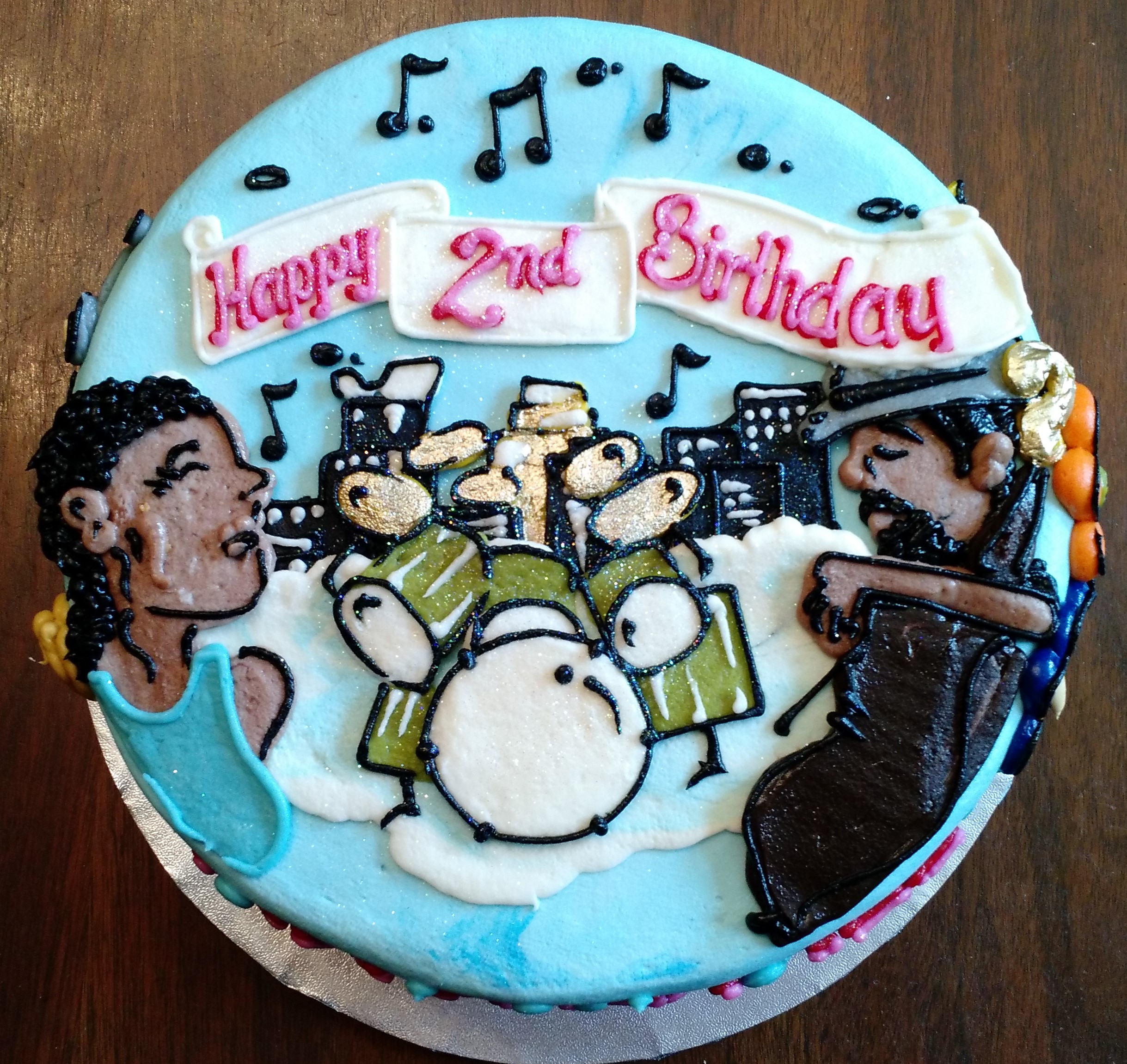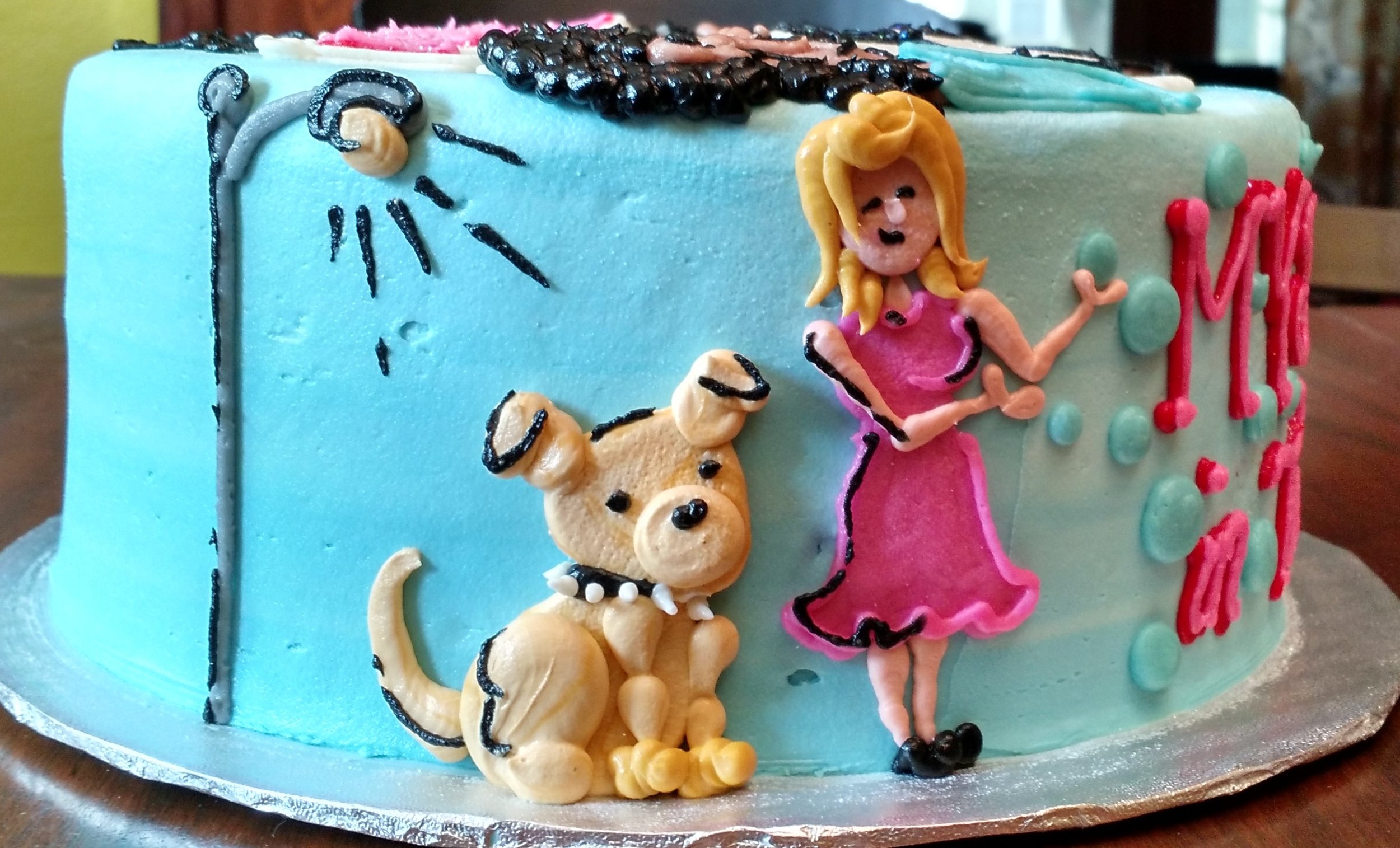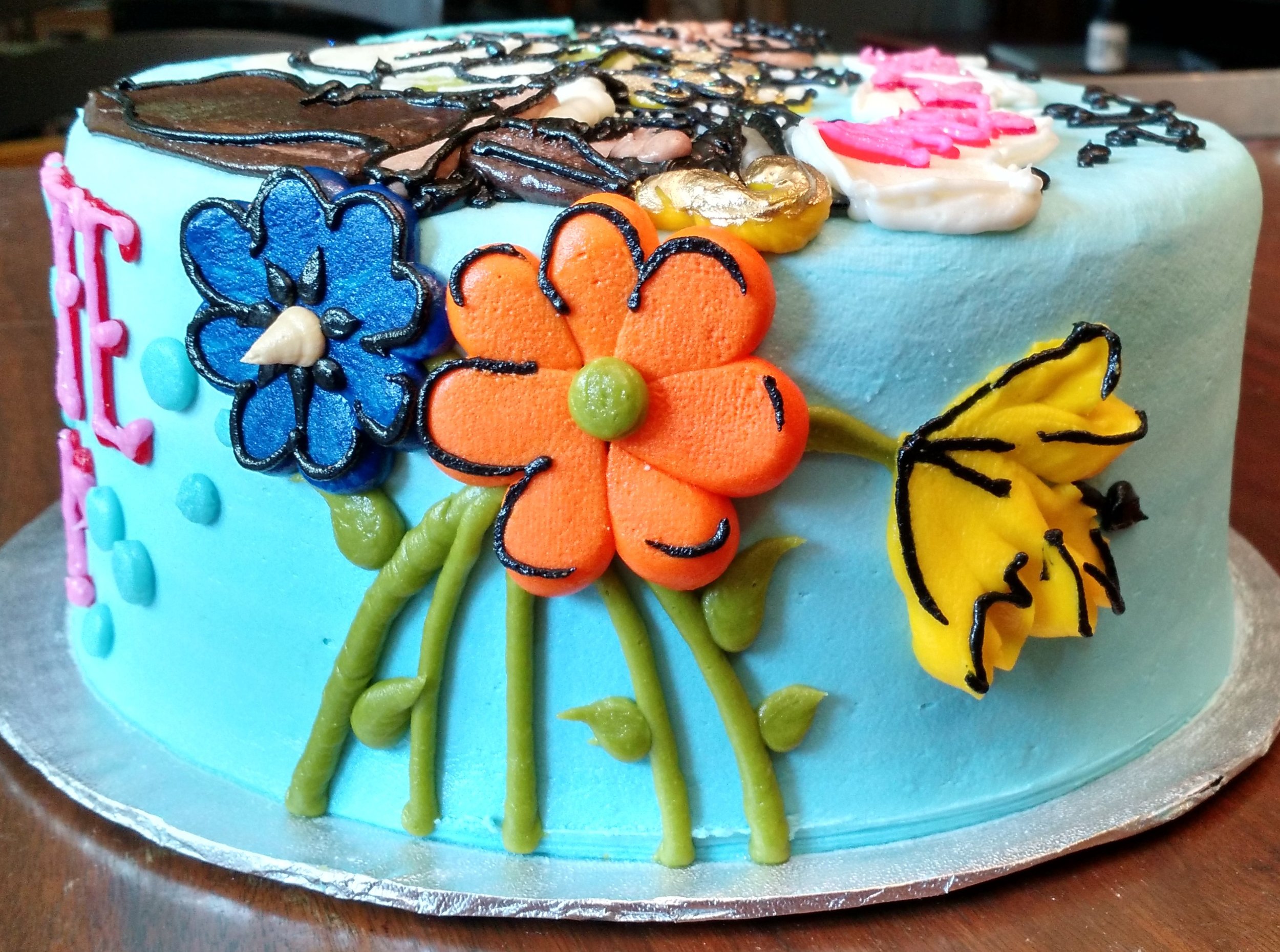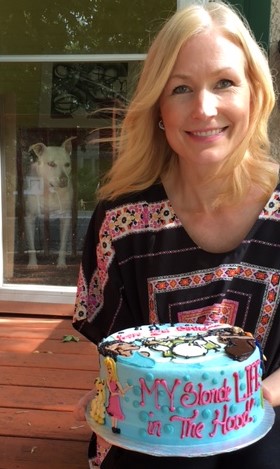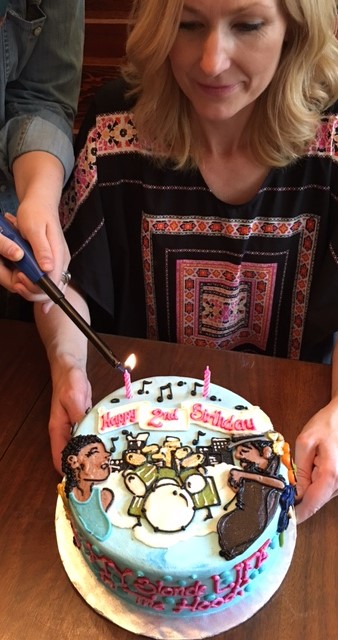I've written some fiction for you today. Happy New Year!
Ann dried the roasting pan—the last of the Thanksgiving dishes—and put it away. When the water came to a boil on the stove, she poured herself a cup of chamomile. Never anything stronger. How her fellow accountants at the firm could crunch numbers on loads of caffeine was beyond her.
Her chin quivered as she dropped into a chair in the living room to drink her tea. Thanksgiving had been a carbon copy of the previous year—and every year for the past ten, in fact. Her family members had phoned the week before the holiday asking what they could bring. As usual, they would come to her house. Her parents’ place was out of the question. Stacks of magazines, newspapers, and store flyers littered every surface. Her sister Gwen’s house wouldn’t work either. It was a crumbling mess and plunging headlong into foreclosure. Her brother Greg, a traveling salesman, didn’t own a house. But her home was as neat as an integer—and just as predictable. Like her.
Earlier that day, Gwen had arrived first, plunking her pickle tray onto Ann’s kitchen counter.
“I made these,” she said.
Ann masked a grimace. Gwen always did her own canning, and she wasn’t one to follow a recipe. Her parents had entered next, her mother toting her annual cranberry salad. And then came her brother Greg, empty-handed, except for his obligatory brown paper bag.
The family had relaxed in Ann’s living room while she tended to the food. Soon, it was time to eat. The turkey had been tender, the mashed potatoes smooth, the Brussels sprouts roasted to perfection. Candied sweet potatoes, savory dressing, spiced cranberries, and orange rolls had decorated her table.
“I have a headache,” her mother said before the pumpkin mousse made it around. “We’ll have to go soon.”
Yes, the yearly headache. As usual, Ann’s father had opened his mouth only long enough to fork more food into it. Greg dismissed himself, making a beeline for his brown paper bag. Gwen eyed the clock twice in a minute.
Twenty minutes after they had downed their meal, Ann’s parents left. Gwen muttered something about her sump pump, zipping out the door on their heels. And Greg fell asleep on the couch. Again, they had left Ann with the dirty dishes, her brother’s snores, and her nagging thoughts.
Would the next holiday be any different?
A week before Christmas, Ann’s phone rang.
“What can we bring on the 25th?” her mother said.
Ann examined a hangnail she had forgotten to trim. What if she got a manicure on Christmas Day instead? But her mind darted back to where it belonged: the holiday grocery list. Anxiety zinged her stomach. Like every year, she would prepare ham, potatoes, homemade rolls, asparagus, and a variety of Christmas cookies. Her mother would bring a sweet salad, Gwen would show up with her pickled beets, and Greg would be too busy with work—and coming from too far—to bring anything other than his brown paper bag. Her mother would eat, mention a headache, and the whole thing would collapse. Ann would be alone with the dirty dishes and her chamomile. Until Easter.
“Are you still there?” said her mother on the other end of the line.
I’m always here. “Bring whatever you like,” she said.
On Christmas Eve, Ann lay in bed staring at the ceiling. If she disappeared, what would become of her family and their holidays? What if one year she didn’t make the meals they had come to expect? What if they wanted her in their lives the other days of the year too? Nausea blasted her, but it soon passed, and her forehead relaxed. She exhaled a slow breath and drifted off to the sounds of a holiday party next door.
Early Christmas morning, Ann awoke with a plan. The family would arrive at noon, so she had work to do. She got dressed, slipped on her coat and boots, and headed out to her next-door neighbor’s recycling bin. She plucked out several empty liquor bottles and scurried back into the house. She turned on the tap and filled different amounts of water into the vodka and gin bottles. Then she added drops of red, green, and blue food coloring to the rum bottle. She filled it half-way with water, and the dyes blended into a shade of brown.
Ann changed into a bathrobe and slippers. In the bathroom, she did her makeup: a touch of mascara she smudged below her eye with her pinky. She tussled her hair and added some hairspray to flatten some sections while fluffing the others. She made a phone call.
“Want to come over later?” Ann said to her friend. “Any time after twelve. They won’t be staying, after all.”
She clicked the phone off, filled a juice glass with brown water, and set it on an end table in the living room. She sank into the recliner next to it, propped up her feet, and closed her eyes. Her heart raced.
Three cars rolled into the driveway, snow crunching under the tires.
The family.
A minute passed, then a knock at the door.
“C’mon in,” Ann bellowed from her chair.
Slowly, the door opened. Ann’s mother stuck her head inside. “Hello?”
Her gaze landed on her daughter. First, her eyes widened, then narrowed to slits.
Ann’s father, brother, and sister stared too, their mouths sagging.
“Are you okay?” Gwen said.
“Never better,” said Ann, careful to slur her words as she raised her glass. “I’m just gonna stay right here. You come in and get comfy.” She pasted on a smile and closed her eyes.
“This isn’t right,” her mother said to the others and marched into the kitchen. “What about our family time? What about Christmas dinner?”
“Let’s just go,” said her father. “Maybe she needs a break.”
Footsteps. The door shut with a thud. Ann opened one eye. The family was gone, except for her brother who stood in the kitchen next to the bottles. He lifted one to his nose and sniffed, then he whirled to face her. He smirked, shook his head, and sauntered out the door.
When she was alone again, Ann got out of the recliner and walked to the kitchen. She emptied the bottles into the sink and dialed her friend.
“You can come over now.” She filled the tea kettle and set it on the stove. “Chamomile okay?”
*Miss an installment of the blog? Or want to catch the story from the beginning? Visit http://www.tamarajorell.com/blog-entries-by-date
*Names in this blog have been changed to protect my family, neighbors, and friends in the neighborhood, and in a nod of appreciation to the beloved Swedish author Maj Lindman, I’ve renamed my three blondies Flicka, Ricka, and Dicka.















